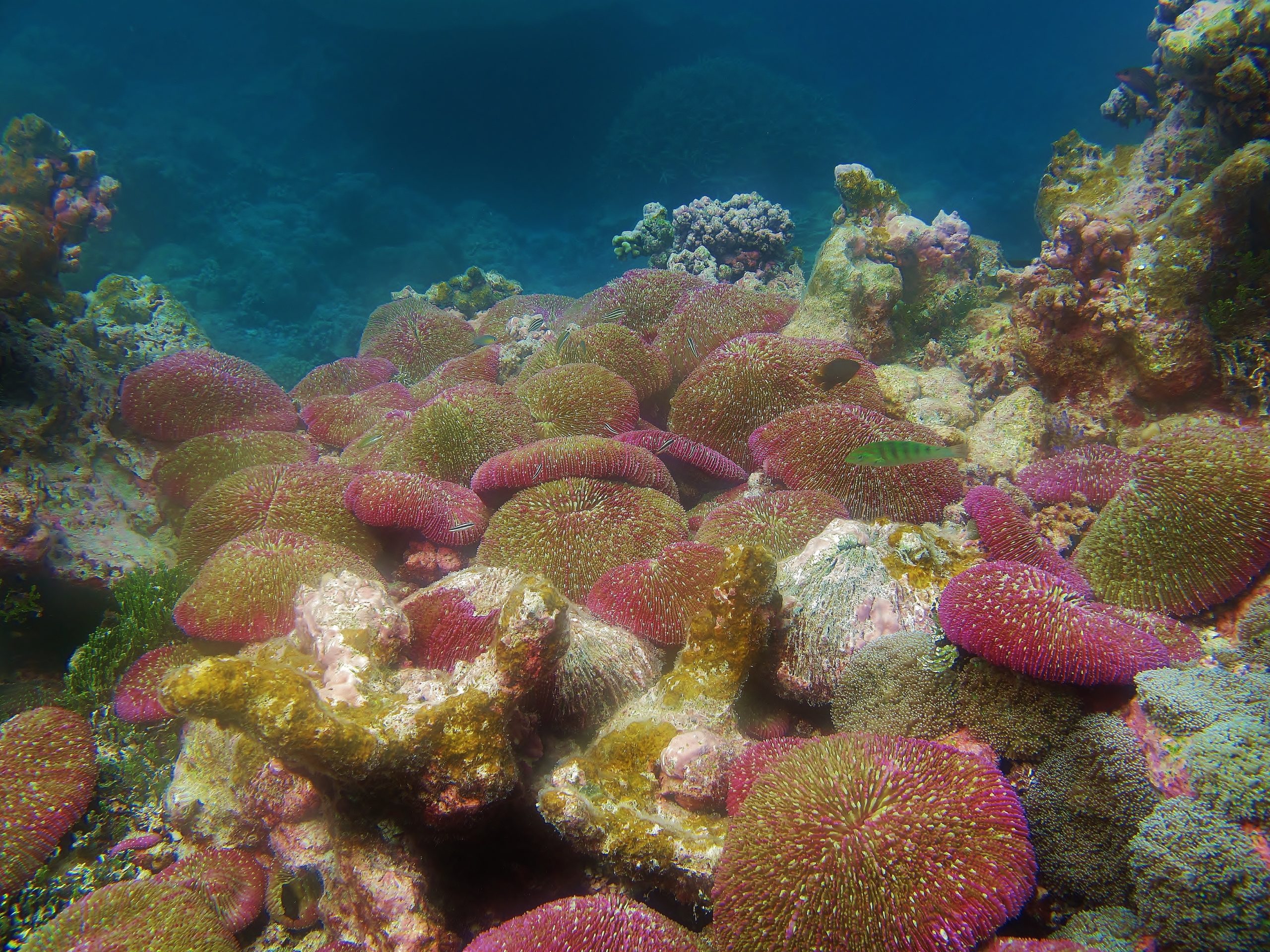
Scientific research has great potential to inform conservation efforts. All too often, however, scientific results that could be useful languish on library shelves (or get lost in the cloud) instead. Some researchers make concerted efforts to address real-world questions, but these attempts frequently fail because the researchers do not fully understand what kind of information will be most useful to managers and conservation professionals. If on-the-ground practitioners are consulted, it’s usually at the end of a project when they are asked how they will use a new tool or newly revealed information, at which point the opportunity to guide development of the new tool or the type of information collected has long passed.
The Reefs Tomorrow Initiative* (RTI) has taken a different approach to ensure that our research results address the most pressing needs of managers and conservation professionals. Parallel to our scientific pursuits, one of RTI’s core goals is to provide practical information managers and conservation practitioners can use to inform real-world management decisions.
In the first year of the program, RTI’s conservation team—lead by Dr. Eleanor Sterling from the Center for Biodiversity & Conservation at the American Museum of Natural History—compiled information on how reef managers perceive threats to and changes on their reefs, as well as what kinds of management opportunities they have. The team collected data through an on-line survey and interviews with over 80 conservation practitioners from around the world. The majority of respondents reported frequent threats at local levels (like overfishing) and global scales (such as bleaching from warming waters), and little recovery. They reported some activities being addressed by local management efforts (fishing, land-use practices), while others at provincial or national levels (coastal development, tourism).
While the data from these surveys and interviews is still being analyzed, the early results have been shared with RTI’s science team and will be used to guide our research efforts. By better understanding what kinds of information, and in what form, are most helpful to managers in making decisions, we are able to maximize the chance that our research results will be useful and useable.
To further these efforts, we recently identified a cadre of managers from the Pacific who will be working closely with RTI over the coming year. Hailing from Palau, the Solomon Islands, and Fiji, these on-the-ground practitioners have attended workshops and joined in meetings with RTI’s scientists. In their role as conservation advisors, they will help us focus on the research that will be most applicable to the challenges they face. By taking a different approach to making science relevant, RTI is making sure that our science leads to real conservation gains.
* The Reefs Tomorrow Initiative is a collaboration among scientists from academic institutions and conservation organizations, including the American Museum of Natural History, the Coral Reef Alliance (CORAL), The Nature Conservancy, Scripps Institution of Oceanography, Stanford University, University of California Santa Barbara, University of North Carolina Wilmington, and Victoria University of Wellington. Initial funding for the Reefs Tomorrow Initiative has been provided by the Gordon and Betty Moore Foundation.